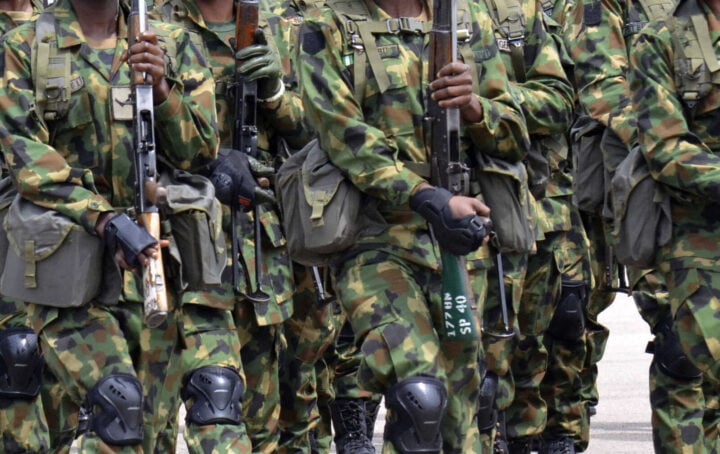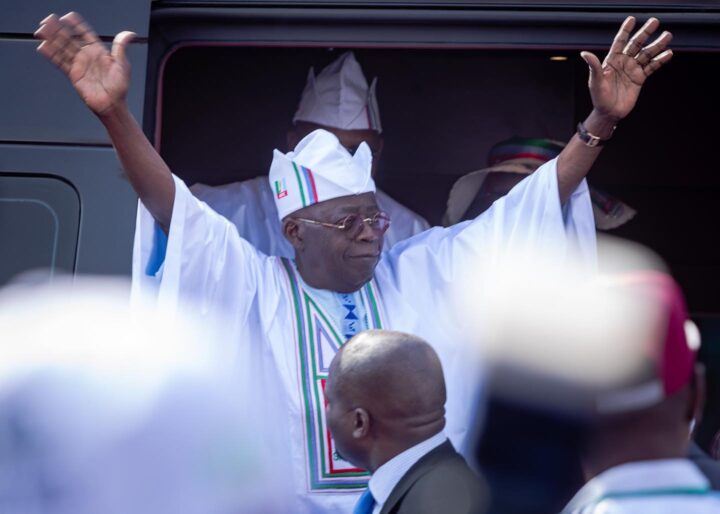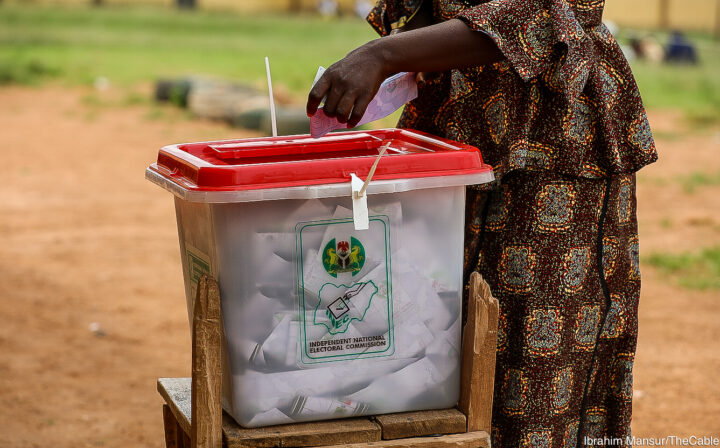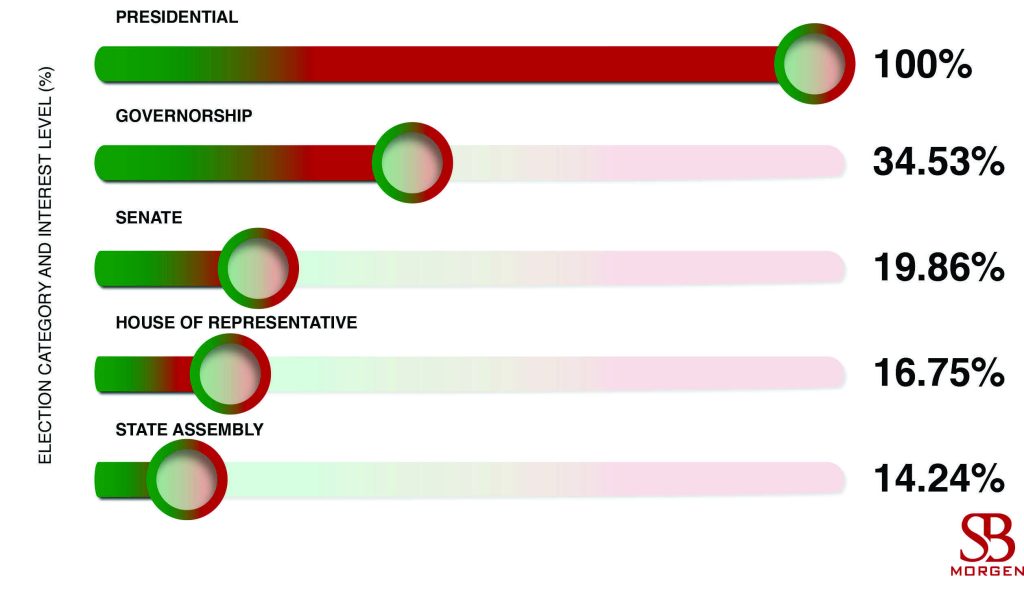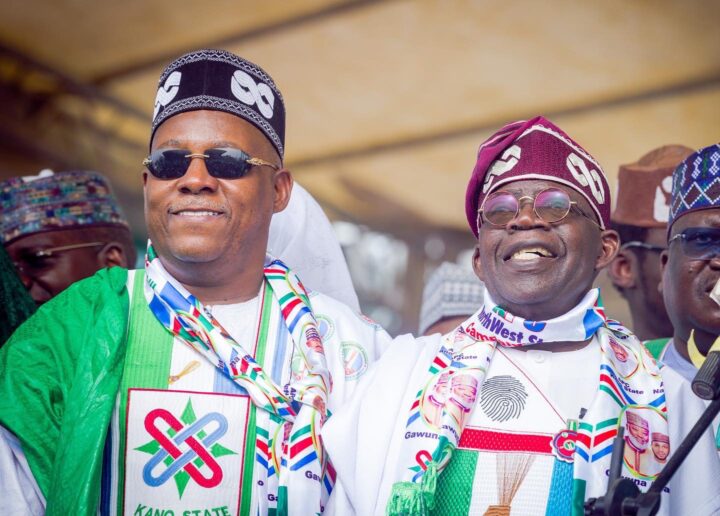Nigerian troops
By my counting, Nigeria has had roughly 33 years of civil rule from 1960 to date out of our over 62 years of nationhood. That is considering what we had in the three previous attempts at democratisation (from October 1, 1960, to January 15, 1966; October 1, 1979, to December 31, 1984; August 27, to November 17, 1993, and from May 29, 1999, to date) to date. What that simply means is that out of about 63 years of nationhood, the military has ruled for about 30 years, while civilians have been in charge for the rest, the longest stretch of which we are still enjoying – 23 years and nine months.
I grew up in an environment with a decent dose of political consciousness. With a father (now late) who was an avid reader of popular daily newspapers and a journalist-uncle to boot, newspapers like the Daily Times, The Herald, Nigerian Tribune, The Concord, The Daily Sketch, The Guardian, The New Nigeria, The Punch were things I always had unfettered access to, right from my primary school days. Weekly magazines like News Watch, The News, and Tell were not left out. So, I had a very rare opportunity of being exposed to reading and keeping abreast with what was happening very early in life, especially in the political milieu, from the latter part of the 2nd republic. My understanding of what I was reading on the pages of those newspapers was immensely irrigated by the fact of my being a “Daddy’s boy”. I was like a “handbag” to my dad then. Wherever he went, or whenever he was with his friends, all of whom were elites – teachers, either in primary, secondary schools, or tertiary institutions at the time, I would be by his side. I would be listening to their conversation, while also playing with some toy as though I were not following their discussion as they conversed both in the English language and in vernacular. Being a very inquisitive kid, whatever they said in English that I did not understand then, I’d always memorise and ask my father as soon as the guests were gone. And he would try to break it down to my level of understanding. Furthermore, my father’s transistor was one of the few in the neighbourhood around which people gathered to listen to either news, or any nationwide broadcast, like the national budget, or presidential address, and even, post-coup speeches back then. Radio Nigeria Ibadan, BBC, and VOA, among others, were the stations of choice then. The June 26, 1993, broadcast in which the annulment of June 12 was announced, was one of those occasions.
So, in my about four decades of earthly existence, I have witnessed several coups — three of which were successful, one unsuccessful, and a countless number of phantom ones. “Politically exposed persons” scampered for safety whenever the martial music was being played on national radio, or television, stations in those days (when coup d’état was still in vogue), especially when it got to where the phrase – “Hello fellow Nigerians” was deployed. It has been a phrase that sends jitters down the spines of politicians in Nigeria from when coup d’état became a weapon of change of government. When the Buhari/Idiagbon regime took over from the Shehu Shagari administration on December 31, 1983, some prominent politicians, especially state governors were handed ridiculously long jail terms, ranging from 20 to 250 years. Some were placed under house arrest, while others, after being released, survived for not up to a decade, afterwards. Some only lasted for a couple of years before the traumatic effect of that drama led them to their early graves. With the exceptions of people like Alhaji Shehu Shagari (the president), Alhaji Lateef Jakande, Chief Alex Ekwueme, Alhaji Abubakar Rimi, Alhaji Balarabe Musa, Alhaji Adamu Attah among others, the majority of them died less than a decade after they were swept out of office. If I am not mistaken, I think the former governor of the old Anambra state, Jim Nwobodo, that of Kwara state, Chief Cornelius O. Adebayo, and Oyo state’s Victor Omololu Olunloyo, are the only ones still alive among the second republic governors. Imagine a politician being sentenced to over 200 years when the life expectancy ratio was 46.02 years. But most millennials, who rambunctiously dominate discussions on social media these days would have, if at all any, a very faint recollection of all that happened in that epoch.
Therefore, whenever this current crop of politicians misbehaves or misgovern, those of us who were barely old enough to witness the forceful change of government in the past would get flummoxed by the sheer recklessness because in those days, such was enough grounds on which forceful change of governments could be effected by the military. But to my pleasant surprise, the current crop of military guys we have today has proven over time that they’re professionals to the core. Even when there were suggestions by some sore political losers and desperadoes that the military should come and take over, our gallant officers wasted no time in making it clear that they have “a core mandate to defend the territorial integrity of the nation, and not to get involved or intervene in politics, and to the former, they’re fully committed”.
Advertisement
They have, at every forum, demonstrated their loyalty to all the democratically elected authorities at every level of our federation. That is where they deserve all the commendations in this world, for resisting the urge to, once again, get themselves enmeshed in politics, which is not their forte. One can, on that ground, safely place our military officers on the same pedestal of civilisation as their counterparts in advanced democracies around the globe. I shall not fail to add that, I acknowledge the military as being the remaining institution in Nigeria that has the trappings of “national unity” all over it. It is a bastion of hope for the feasibility of a workable united Nigeria. Talk of the way it is composed, its manners of operation and deployment of its personnel, around the country. Can you imagine a native of a very remote village in Jigawa state being posted to the creek of Niger Delta, where he is to defend the territorial integrity of the nation, and protect national assets like critical oil facilities, or being on the high sea, in the Atlantic Ocean, defending our maritime border? Or a native of Ìjẹ̀bú Waterside local government in Ogun state, covering every blade of grass in the Sambissa forest, hunting insurgents, all in a bid to safeguard the territorial integrity of Nigeria. I don’t think there exists, any institution in Nigeria today with that kind of patriotic and nationalistic philosophy in the discharge of its statutory responsibilities, except the military. At least, none exudes that kind of nationalistic flavour, more than the military, in the discharge of its statutory duties. Wherever they operate, without the ignoble influence of politicians, they exude that professionalism that would make you regret not being one of them. You would want to blame yourself for having not joined any of the armed forces, but at the same time, be proud of being a Nigerian.
Some ugly incidents occurred recently across the nation, and I cast my mind back to those days of “Hello, Fellow Nigerians”, and I felt pity for this current crop of recklessly naive politicians who think they can ride roughshod on the sensibilities of Nigerians, without any consequence. The first was the artificial scarcity of petrol that brought the nation to a standstill recently. It was orchestrated by some cabal with deep political roots to nourish their greed. Citizens of the 6th largest oil-producing country in the world have to suffer so much to buy fuel — something that rarely happens in non-oil-producing countries. Such an embarrassing national crisis would be more than enough, some 40 years ago, for a coup d’état to have taken place.
The second one is the ongoing implementation of the currency redesign policy (cum cashless policy) that has brought the national economy to its knees. It has led to a breakdown of law and order in parts of the country. Having enough money in your bank account, now, is no longer a guarantee against suffering. Nigerians are now being taxed (not by the government, but by POS operators) about 40% on every withdrawal from their hard-earned savings. People’s relatives are dying in the hospital, not for lack of money, but due to the non-availability of naira notes (old or new) to enable withdrawals and payment for medical essentials. Adults, out of frustration, are seen in viral videos on social media, stripping themselves naked in the banking hall or scaling the fence to enter banks’ premises to protest against their inability to access their savings during moments of need, pressing or not. The above-cited incidents were low-hanging enough fruits for the military to pluck – effecting a change of government by force, but they focus on their divine and statutory mandate, reiterating their loyalty to the democratically elected government at all levels.
Advertisement
This has doubled my respect for Nigerian military men. Even when some politicians go into overdrive, heating up the polity by issuing incandescent statements capable of setting the whole nation ablaze in a matter of minutes, they remain at their professional best, issuing press statements distancing them, and their institution from this verbal recklessness. I wouldn’t know whether it is a coincidence or not; the high level of professionalism being exuded by our gallant officers seems not to be unconnected with the level of education among the men, as could be seen in their finesse and loyalty to democratically constituted authorities in the land. But, I am inclined to believe there is a direct correlation between the two variables. The Nigerian military has, now and then, demonstrated their belief in the fact that “all the ills of democracy, can, and should, be cured by more democracy”.
They deserve all the credit, for towing the path of professional dignity. They are, indeed, the heroes of our 24 years of uninterrupted democracy.
Abubakar writes from Ilorin. He can be reached via 08051388285 or [email protected]
Advertisement
Views expressed by contributors are strictly personal and not of TheCable.

